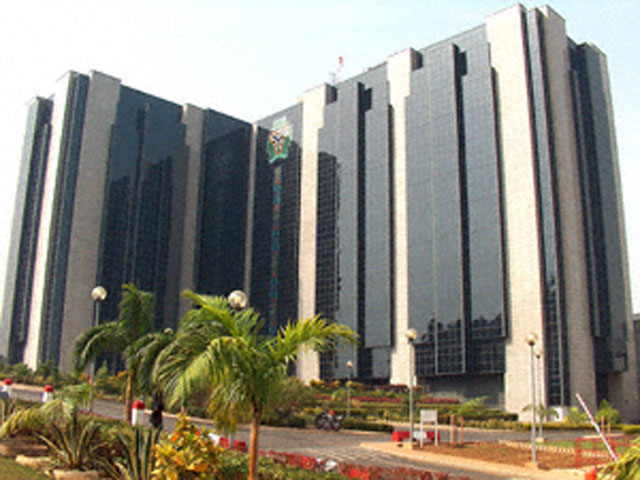The Central Bank of Nigeria has advised commercial banks to limit how much customers can spend abroad using their debits cards, two executives said on Thursday, in the latest crackdown on dollar demand to save its dwindling foreign reserves.
Nigeria’s scarcity of foreign exchange (forex) may shoot the value of a dollar to about N300 before the end of the year.
Yesterday, the naira was exchanged at 270 to a dollar in Lagos and around 265 in Abuja and Kano at the black market. The traders attributed the sharp drop in the value of naira to the scarcity of forex.
The Central Bank of Nigeria which serves as the only source of forex to the parallel market yesterday released $25.8 million to about 2,578 BDCs, equivalent to $10,000 per Bureau de Change operator.
Traders said it was the first time this year that the CBN is slashing the weekly allocation to $10,000 per BDC.
The directive sent the naira to a range of 274 to 280 to the dollar in volatile trades on the unofficial market on Thursday, weaker than Wednesday’s 270 naira.
On the official interbank market, closed at 196.97 on Thursday.
The naira has been hitting lows among retail bureaux de change operators as oil prices fall and the central bank tries to curb demand to conserve its dwindling foreign reserves, which are down 14.6 percent year to date.
“The central bank is not providing us with dollars to settle those trades and local banks are limited in their ability to source dollars, so we don’t want to end up with a settlement risk,” one senior banker told Reuters, asking not to be named.
He said the central bank advised domestic lenders during an industry meeting on Friday to limit usage of cards abroad by their customers based on their individual reserves and capacity to secure dollars, especially for those without foreign affiliates.
This week, commercial banks in Africa’s biggest economy cut the amount individuals can spend abroad to $100 to $150 per day or $12,000 annually, down from the $50,000 set by the central bank in April, two banks said.
Wema Bank and Skye Bank said in a letter to customers the new limit takes effect immediately.
The regulator had in April cut the limit from $150,000.
Individuals were putting more pressure on retail money exchange agents to source dollars, weakening the naira on the unofficial market, Aminu Gwadabe, the head of Nigeria’s bureaux de change association.
The U.S. Federal Reserve raised interest rates for the first time in almost a decade on Wednesday and signalled four more hikes are likely next year, a move that would increase the dollar cost of borrowing for emerging markets, analysts say.
Plunging oil revenues, which make up 90 percent of Nigeria’s foreign currency earnings and more than half of government income, have hit public finances and the naira, leaving businesses struggling to get dollars.
On Wednesday, the central bank cut the amount of dollars it sold to each of the 2,270 retail money exchange brokers that participated in this week’s sale to $10,000, down from the $30,000 each it sold last week. It offered $84.5 million at a similar sale two weeks ago

